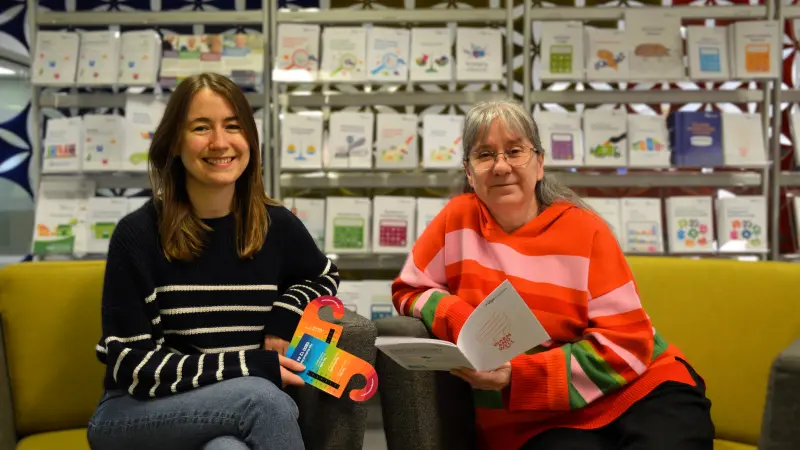Get moving at the Research Café
In the latest of our Research Café article series, we explore the research evidence about what helps us enjoy good wellbeing and health in later years. This time our focus is physical activity.
You probably know that being physically active is good for you – most people do. But are you physically active on a regular basis? Many older people aren’t. That there are big gains from regularly moving more, including better physical health, sharper thinking skills, and improved mental wellbeing, is frequently reported in the media. But knowing about the benefits may not be enough to prompt you to move more, and more often.
Having a clear understanding of what physical activity is can help. Physical activity is any bodily movement produced by skeletal muscles, such as the arms and the legs, that uses up energy. It’s not just sport and workouts, which makes the physical activity advice from the UK’s Chief Medical Officers more realistic. For example, if your typical day includes three brisk ten-minute walks, to shops or to see friends perhaps, you’ll have already met their daunting sounding weekly minimum of ‘150 minutes of moderately intense aerobic exercise.’ Gardening and some kinds of housework are examples of other everyday activities that also count. You may be closer to meeting the public health advice than you thought.
If you’ve been mostly inactive for a while, that can still feel like a lot. The good news is that any physical activity is better than none. Research has found that short bouts of movement throughout the day that break up our sitting time are great for health, particularly heart health. And psychologists advise that for most people the best route to healthy lifestyle change is to make very slight changes in routine that become habits you can build on. Small and regular works - over time.
Having a disability or long-term health conditions can be a barrier, particularly if someone has lost confidence or is worried physical activity might make things worse. Yet research indicates physical activity is good or better than treatment with drugs for many conditions, such as type 2 diabetes and lower back pain, and has a much lower risk of any harm.
Does the word ‘strength’ put a picture in your mind of muscly gym bunnies eying themselves in the mirror while lifting outrageously heavy weights? Does ‘balance’ make you think of a yoga expert serenely holding impossible poses? The covers of lifestyle magazines often imply that strength and balance are for the fitness obsessed.
Yet, as we age, focusing on strength and balance becomes vital for everyone, not for vanity, but for being happy and staying independent. The World Health Organisation advises adults aged 65 plus should do activities that develop strength twice a week, and balance three times a week. If that seems like a lot to fit in, you can choose activities that build your strength, balance, and aerobic fitness together – ask at your local sports or community centre. Or contact Age Scotland’s Community Connecting service – call 0800 12 44 222.
Age Scotland also offers inclusive and fun games for older people’s groups, Body Boosting Bingo, and Power Quiz. These develop strength and balance and get players using body and brain, something research show is particularly beneficial.
If you are involved in a community group or service, get in touch with our Health and Wellbeing team to find out more.


